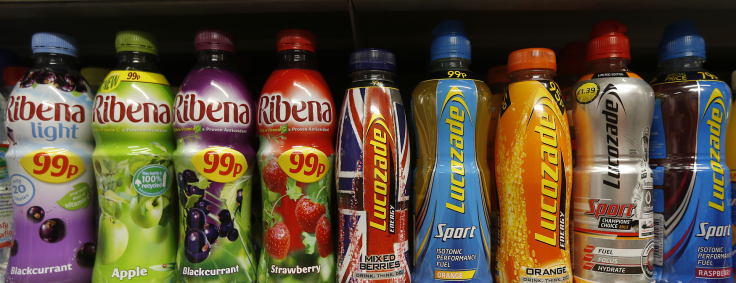Grattan Institute report: Australian government can raise $500 million a year in sugar tax

Grattan Institute has published a report titled, "A sugary drinks tax: recovering the community costs of obesity," which suggests Australia should introduce tax on sugary drinks. According to the suggested sugar tax, the government should impose an excise tax of 40 cents per 100 grammes of sugar on water-based drinks that contain added sugar. It should be implemented to all non-alcoholic beverages.
Benefits of sugar tax in Australia
According to the Grattan Institute report, the new tax would help redress the imbalance between the dollars spent on healthcare and welfare and the tax raised by the government. Australian taxpayers have been paying more than $5.3 billion a year, which is spent on healthcare and welfare. Most beneficiaries of the tax are obese people. Obese people are also admitted to hospitals more often than other people. However, obese people are more likely to be unemployed, which also means that they pay less tax than the rest of the population.
The report said that the tax would raise about $500 million a year, recouping some of the costs of obesity to the community. It would also generate a fall of 15 percent in the consumption of sugar-sweetened beverages.
Obesity in Australia
The report revealed that one in four adults are now classified as obese. In the early 1980s, the ratio was only one is to ten. However, it is more worrying to know about seven percent of Australia's children are obese.
According to the Australian Institute of Health and Welfare (AIHW), there are 10 percent more adults who are overweight or obese than in 1995. There are 15 percent more people living in outer regional and remote areas who are overweight or obese than people living in major cities.
AIHW also revealed that overweight and obesity with high BMI is the second largest contributor to burden of disease. The top one contributor is the dietary risks while smoking is ranked at number three.
Burden of disease analysis is a modelling technique combining multiple data sources to count to compare the total fatal burden (impact of premature death) and non-fatal burden (impact of ill-health) health loss from diseases and injuries in a population.
Sugar tax in other countries
Scandinavian countries, France, Hungary and Mexico are among the countries implementing the sugar tax. United Kingdom will follow suit but it will be implemented in 2018. Countries including India, South Africa, Philippines and Indonesia are also considering implementing it.
“Obesity is one of the great public health challenges of modern Australia, and so this is a reform whose time has come, Stephen Duckett, Grattan Institute Health Program Director, said in a statement. “We target these drinks because most of them contain no nutritional benefit.”
“How we use the money is a debate for later. For now, Australia should introduce this tax because it offers twin benefits: It will reduce the number of people who become obese and it will ensure fewer taxpayer dollars have to be spent on the damage done by obesity.” Duckett said.





















